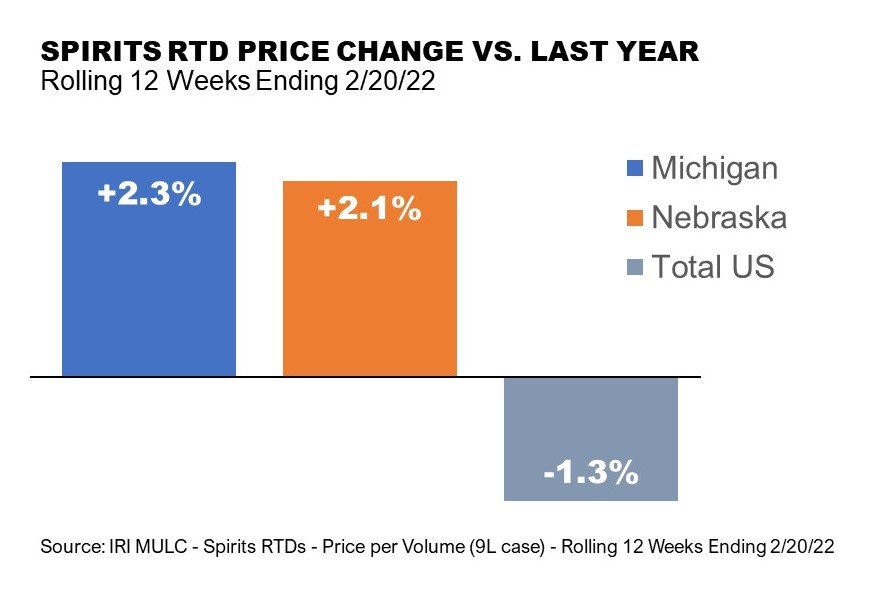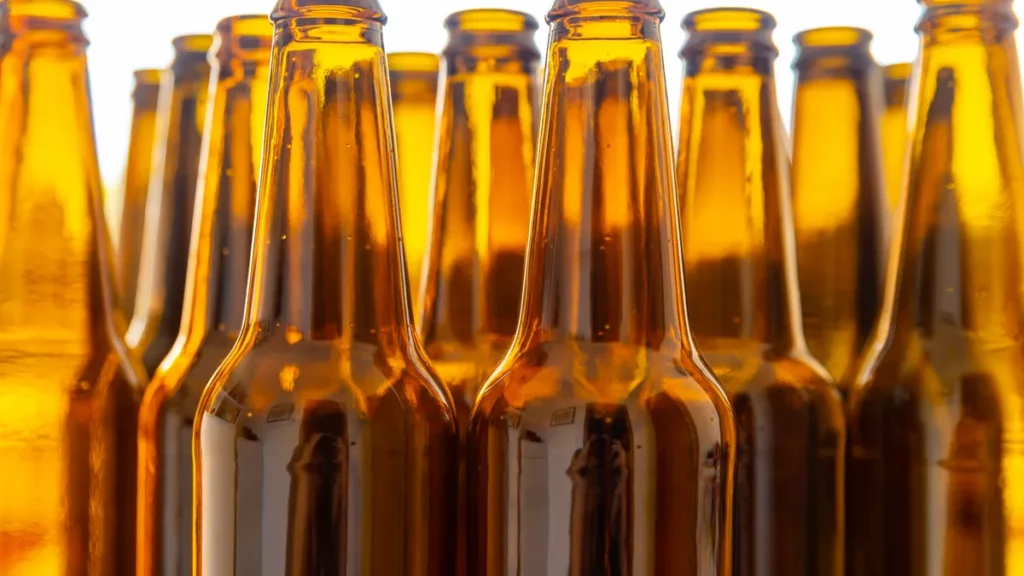State Lawmakers Stand Up for Jobs and Local Brewers

A leading beer industry publication recently ran this statement about efforts in states to pass special tax hand-outs to the liquor lobby that would hurt local beer economies:
“Arguments for reducing taxes on RTD spirits are clearly not a winner in state legislatures in 2022.”
Beer Marketer’s Insights looked at legislative debates in a handful of states and concluded: “distilled spirits going 0-fer so far this spring.”
Pro-liquor tax carveout bills failed big this year in seven states: Alabama, Arizona, Hawaii, Kentucky, Maryland, Washington, and West Virginia. (Insights Express noted this about Kentucky: “KY is particularly notable as it is bourbon stronghold.”) In several other states, legislators chose to let the clock run out on similar proposals instead of voting one way or the other.
It’s a strong message from state legislators nationwide: proposals to reduce taxes on liquor products are a bad idea. Local beer businesses are too valuable to local economies to hurt them just to increase out-of-state liquor company profits.
Liquor lobbyists argue that reducing taxes on RTDs will lower prices for consumers, but in Nebraska and Michigan, two states that bought that argument, prices went up, not down. These two states will realize less tax revenue as the citizens in those states pay more.

“As Maryland continues to recover from the COVID-19 pandemic, it is hard to justify such a deep tax cut to spirits. These products are nearly exclusively made by companies outside of Maryland. A lowering of the excise tax rate for these products gives an unfair tax advantage to out-of-state companies.”
Let’s bring this debate to an end: tax cuts for spirits are entirely unnecessary, do nothing for consumers, and hurt local beer businesses. Local beer businesses bring significant economic value to communities across the country. There is no good reason to increase liquor profits and threaten millions of good local beer jobs.








